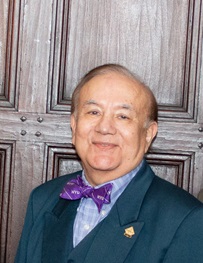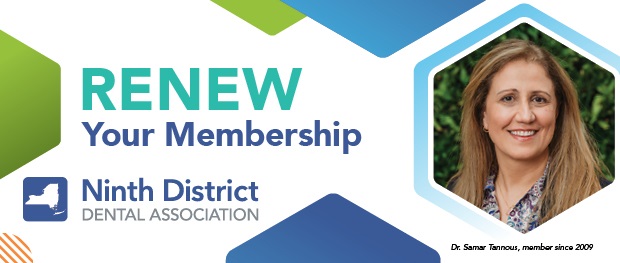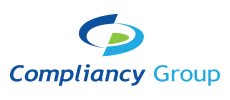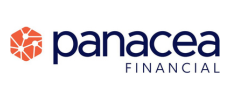FDA Launches New Rare Disease Drug Development Process
Per the notice below, the United States Food and Drug Administration (FDA) has launched a new drug development process for drugs aimed at treating rare diseases.
FDA Advances Rare Disease Drug Development with New Evidence Principles
The U.S. Food and Drug Administration today introduced the Rare Disease Evidence Principles (RDEP) to provide greater speed and predictability in the review of therapies intended to treat rare diseases with very small patient populations with significant unmet medical need and that are driven by a known genetic defect. Through the RDEP process, sponsors will receive clearer guidance on the types of evidence that can be used to demonstrate substantial evidence of effectiveness.
“Drug developers – and the patients they hope to treat – deserve clear, consistent information from the FDA,” said FDA Commissioner Marty Makary, M.D., M.P.H. “These principles ensure that FDA and sponsors are aligned on a flexible, common-sense approach within our existing authorities, and that we incorporate confirmatory evidence to give sponsors a clear, rigorous path to bring safe and effective treatments to those who need them most.”
It is well understood that developing drugs for rare diseases can make it difficult or even impossible to generate substantial evidence of safety and efficacy — as required by statute — using multiple traditional clinical trials. Instead, rare disease drug developers and the FDA must work together to identify alternative methods for meeting the statutory standard that are both rigorous and viable for rare disease populations. The RDEP – developed and implemented jointly by the Center for Drug Evaluation and Research (CDER) and the Center for Biologics Evaluation and Research (CBER) – addresses the inherent uncertainties of rare disease drug development by assuring sponsors that reviews will encompass additional supportive data. Approval under the process may be based on one adequate and well-controlled study plus robust confirmatory evidence, which may include:
- Strong mechanistic or biomarker evidence
- Evidence from relevant non-clinical models
- Clinical pharmacodynamic data
- Case reports, expanded access data, or natural history studies
Sponsors may apply to the process any time prior to the launch of a pivotal trial. To be eligible, investigative therapies must specifically address the genetic defect in question and target a very small, rare disease population or subpopulation (generally fewer than 1,000 patients in the United States) facing rapid deterioration in function leading to disability or death, for whom no adequate alternative therapies exist. Requests to be reviewed under the RDEP process can be submitted as part of a formal meeting request and must be filed before a pivotal trial begins. Sponsors will work closely with the FDA to define the evidence needed for approval, with patient and expert input encouraged throughout. Sponsors developing drugs for rare cancers should first consult with the Oncology Center of Excellence or relevant review divisions to determine if this process applies. Drugs approved using this process may face additional postmarketing requirements to further ensure safety and effectiveness. Sponsor requests for review under the RDEP process are separate from and independent of requests for orphan-drug designation under section 526 of the Federal Food, Drug & Cosmetic (FD&C) Act. A drug that is reviewed under the RDEP process does not necessarily qualify as a drug that has orphan-drug designation, and the RDEP does not bear on the Agency’s determination whether a drug may be eligible for orphan-drug designation. A sponsor that wishes to seek orphan-drug designation for its drug must follow the procedures set forth under section 526 of the FD&C Act and 21 C.F.R. Part 316. For more information about the RDEP process and FAQs, please visit: fda.gov.




.tmb-rotator.png?Culture=en&sfvrsn=e3185440_1)






.png?sfvrsn=4447de7f_1)















